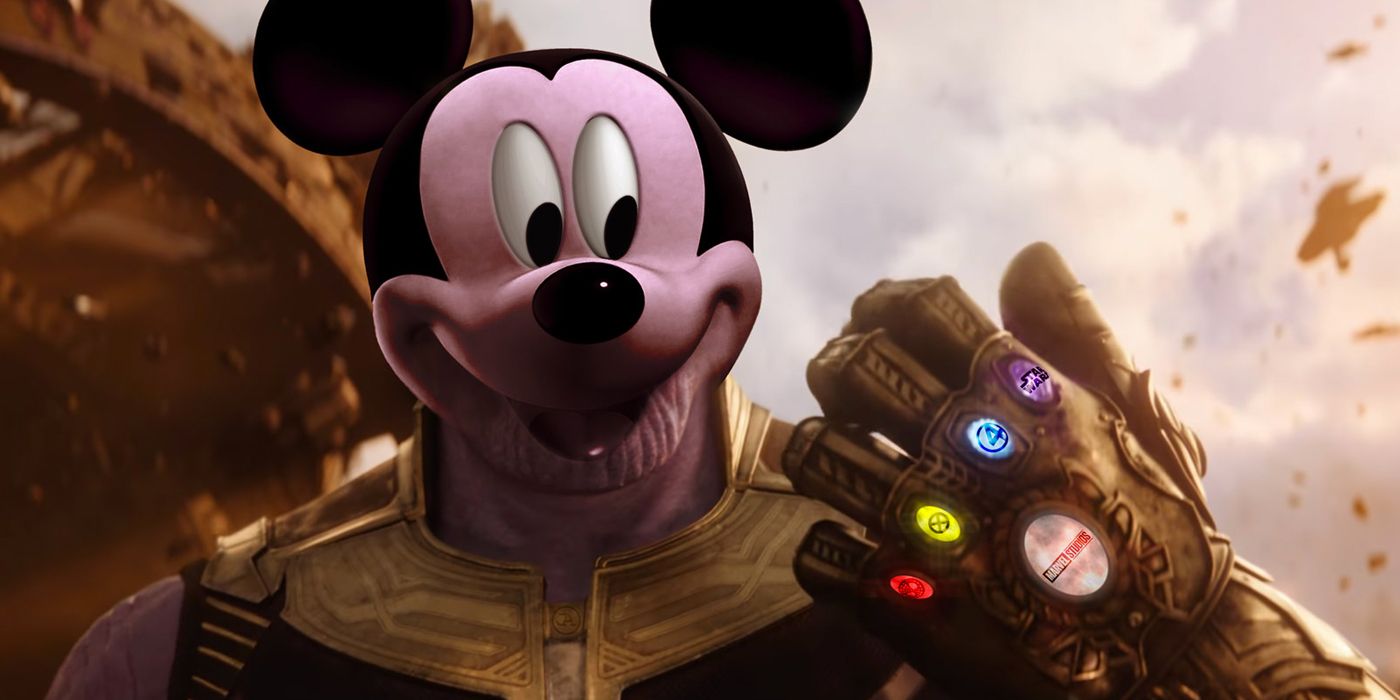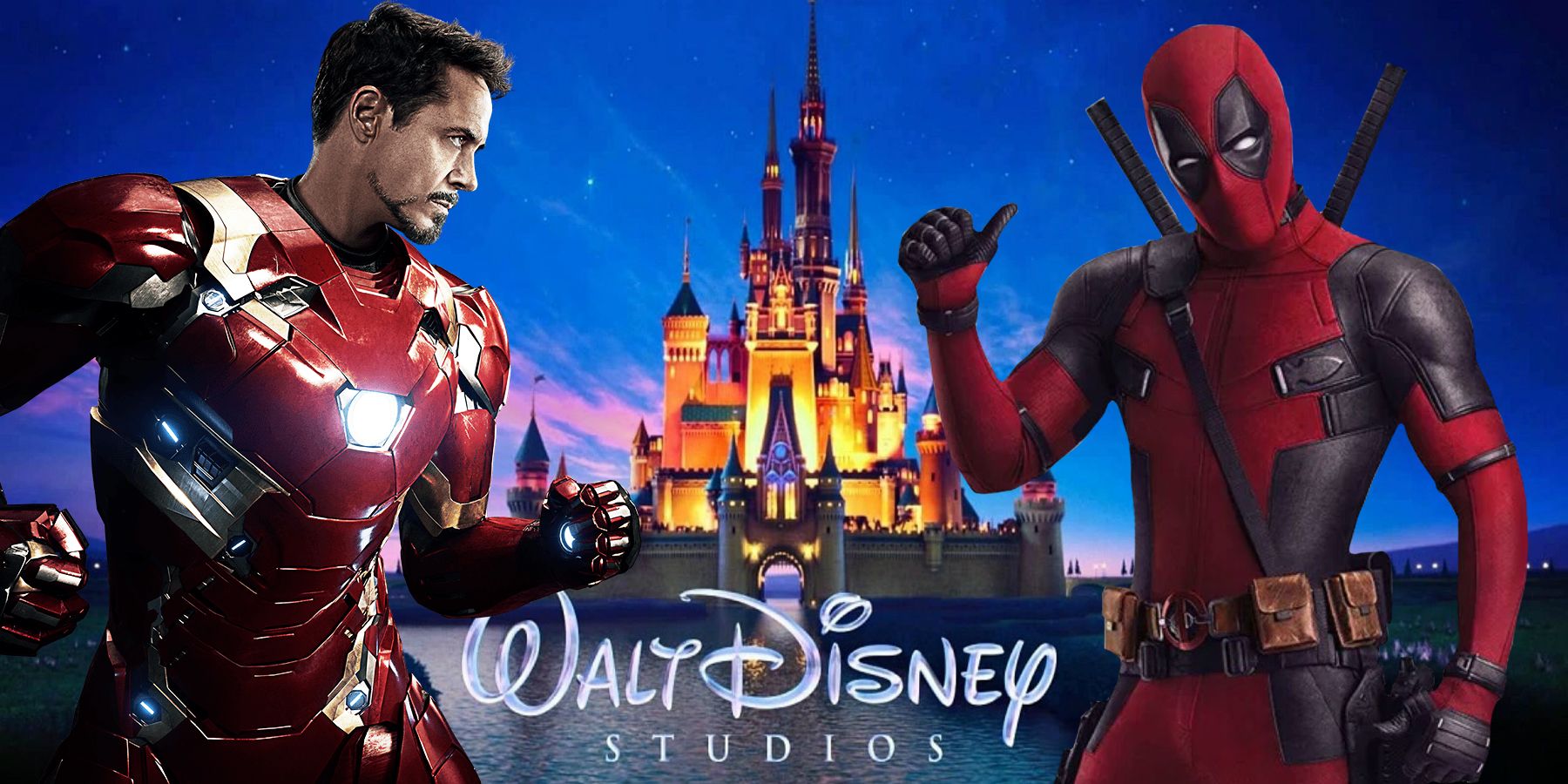Just how was the Disney/Fox merger approved so quickly? In December last year, Disney and Fox reached an unprecedented agreement that would see Disney purchase the bulk of Fox's film and TV empire. Industry analysts expected regulators to take around 12-18 months in order to reach a decision on the purchase. Matters were further complicated when Comcast got involved, making an unsolicited rival bid.
But the story changed this week, when the Department of Justice unexpectedly approved the Disney purchase after only six months of consideration. The announcement is a crucial one, and it will be interesting to see how Comcast respond; Disney's offer is now a surefire success, while shareholders would risk further regulatory delays should they push Fox execs to consider Comcast's bid.
Related: Why The Fox/Disney Deal Was A Lot More Likely After AT&T/Warner
This is all the more surprising given President Trump had made a great deal of antitrust concerns while on the campaign trail, railing against the AT&T/Time Warner deal in particular. The Department of Justice actually sued in an attempt to prevent that bid, but were ultimately unsuccessful. Analysts had believed their failure to prevent the AT&T/Time Warner merger would be viewed by industry as a green light for further mergers, and would leave Disney and Fox a lot more confident their own proposals would be approved. But just how has the approval come so quickly?
Why: Disney Knew Exactly What They Wanted
Disney went into the proposed deal with a clear sense of its priorities. The company's main goal has essentially been to acquire the Fox content, making Disney's online streaming service - due to launch next year - even more competitive. Just as with the AT&T/Time Warner merger, the Disney/Fox deal is carefully aimed to marry up a significant content library with a strong global distribution system. Meanwhile, Disney is also focused on the potential of specific franchises, most notably Avatar. Disney CEOs have long believed there's a strong potential synergy between the upcoming Avatar films and further theme park launches; their goal is to essentially build a competitor for the Wizarding World theme parks. Although most fan conversation has revolved around the idea of adding the X-Men and the Fantastic Four into the MCU, that's a beneficial side-effect of the whole deal, rather than its key focus.
These clear priorities have allowed Disney to react with speed to the Department of Justice's concerns. The DoJ focused in on the potential impact of the deal on cable sports programming, a detail in the finalized deal that had always seemed likely to be challenged by regulators. Rather than argue the case, Disney swiftly agreed to divest itself of Fox's 22 regional sports networks should the deal go ahead. Makan Delrahim, the head of the department’s antitrust division, told Bloomberg: "Today’s settlement will ensure that sports programming competition is preserved in the local markets where Disney and Fox compete for cable and satellite distribution." Challenging the DoJ's concerns could have taken months, but Disney simply chose to cooperate, signing up to the kind of structural remedy that Delrahim seems to be fond of.
Meanwhile, it's become clear that Disney's entire bid was carefully constructed for a speedy decision by regulators. As Variety note, there were no license transfers involved in the deal, meaning it didn't need to go before the FCC for approval. That would probably have involved the merger being put on the docket for public comment.
Related: Disney Buying Fox Would Be Bad News For Hollywood
Perhaps the most surprising aspect of all this is the fact that the DoJ hasn't commented on the potential impact this will have on the film and TV industry. Larry Downes, senior industry and innovation fellow at the Georgetown Center for Business and Public Policy, told Variety that he was "very surprised" the DoJ greenlit this so swiftly at the very same time they were campaigning against the AT&T/Time Warner deal. The DoJ appears to have been relaxed about the horizontal merger of the studios and their content, or even Disney's gaining a controlling interest in Hulu. It's possible the political support for the Disney/Fox transaction has made a difference; President Trump himself expressed his support for Disney's bid.


